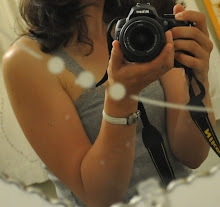Auto-recycling
"... when the human engine waits/ Like a taxi throbbing waiting"
(T.S. Eliot)
The motor was stalling,
dying, beyond repair.
It was a good motor
but it had had its run;
it ran for decades but
couldn't remember
any more what got it
started. What did it
run on? Or for?
The hiatus after the final
halt was only seconds
(centuries) long; then,
a pair of strong legs -
fit, sinewy, ready -
hit the ground, and
started. Stepping
confidently, (from the
heel, to the ball of the
foot, to the toes) in a
straight line, with an
elastic bounce, they
take on the rhythm
of a new drive, self-
combusting into the
zest of a new personal
velocity, overtaking
old landmarks, cruising
the city with ease
and suaveness, generated
by a brand-new
well-oiled
self-ignited
motor.
(T.S. Eliot)
The motor was stalling,
dying, beyond repair.
It was a good motor
but it had had its run;
it ran for decades but
couldn't remember
any more what got it
started. What did it
run on? Or for?
The hiatus after the final
halt was only seconds
(centuries) long; then,
a pair of strong legs -
fit, sinewy, ready -
hit the ground, and
started. Stepping
confidently, (from the
heel, to the ball of the
foot, to the toes) in a
straight line, with an
elastic bounce, they
take on the rhythm
of a new drive, self-
combusting into the
zest of a new personal
velocity, overtaking
old landmarks, cruising
the city with ease
and suaveness, generated
by a brand-new
well-oiled
self-ignited
motor.




